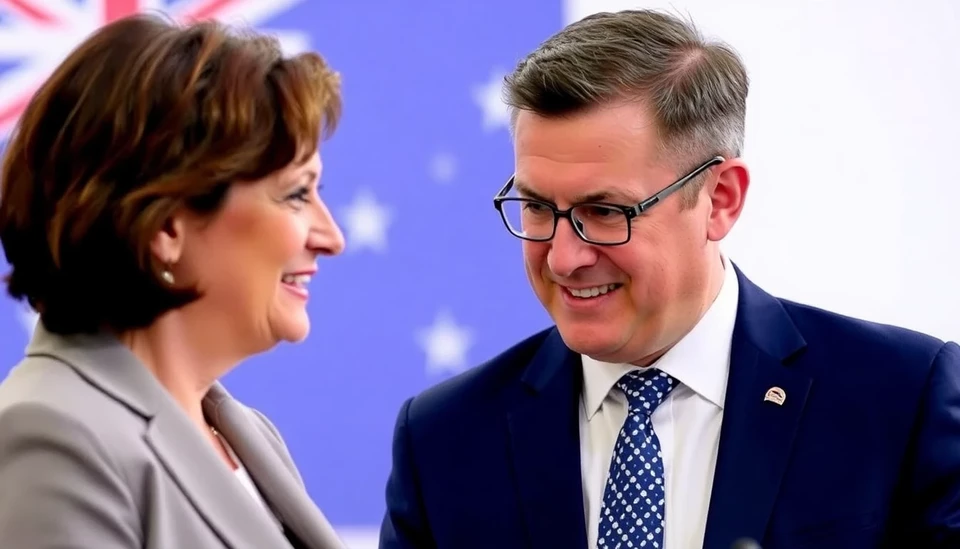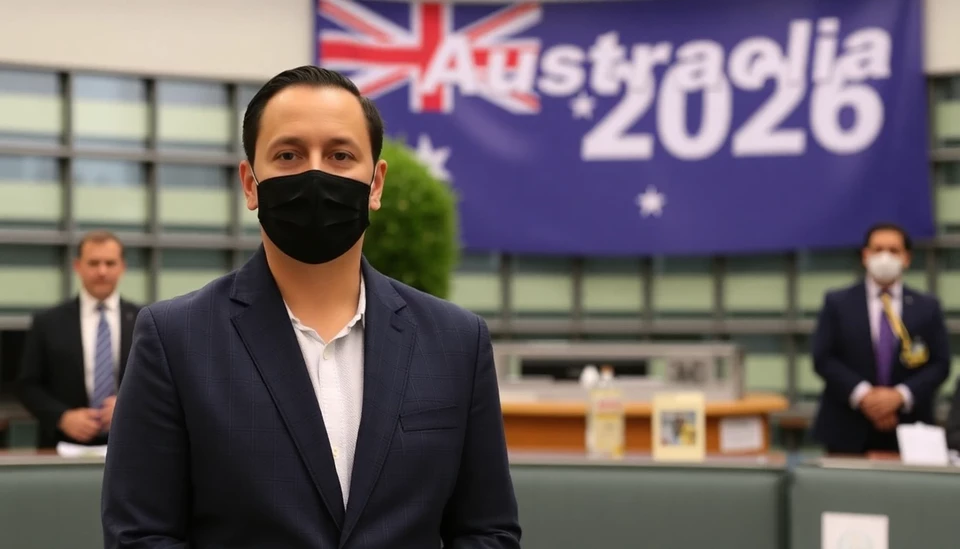
As Australia gears up for its 2025 federal elections, voters are taking a keen interest in the candidates' positions on energy policies and climate change initiatives. The upcoming election is expected to serve as a crucial platform for debating Australia's transition towards renewable energy sources amidst global efforts to combat climate change. With a backdrop of increasing natural disasters and public concern over environmental sustainability, candidates are aligning their campaigns around these pressing issues.
In recent months, the Australian government has been under mounting pressure from both the public and various advocacy groups to ramp up its commitments to reduce carbon emissions. This pressure stems from a combination of factors, including local climate challenges and international agreements aimed at limiting global warming to 1.5 degrees Celsius above pre-industrial levels. Prime Minister Anthony Albanese's Labor Party has been championing an ambitious agenda of renewable projects, seeking to position Australia as a leader in sustainable energy production.
The political opposition, notably the Liberal Party, is pushing back by questioning the economic viability of an extensive shift to renewables. Critics within the party argue that such initiatives could jeopardize jobs in traditional energy sectors like coal and gas, which have long been economic mainstays for many Australian communities. This tug-of-war over energy policy highlights a deep ideological divide, with both parties striving to capture the electorate's attention as concerns about job security and environmental responsibility intensify.
Among the various stakeholders in this discussion, local governments and indigenous groups are also voicing their opinions. Many indigenous communities see renewable energy as a potential path towards self-determination and economic independence. As such, some candidates have started incorporating policies that support indigenous-led renewable projects into their platforms, recognizing their potential to benefit both the environment and local economies.
Climate experts warn that the consequences of climate inaction could lead to increasingly catastrophic natural events. Droughts, floods, and wildfires have become more frequent and severe, underscoring the urgency of transitioning to sustainable energy sources. Therefore, Australian voters are likely to weigh these environmental challenges when they head to the polls in 2025, making climate policy a central issue in determining the election's outcome.
As the election date approaches, discussions about energy resilience, national security, and the economy are expected to dominate the political landscape. Voters will be evaluating not only the promises of political leaders but also the feasibility of their proposed policies in the face of a rapidly changing climate. With the stakes this high, the political arena is becoming an intense battleground for ideas that will shape Australia's energy future for years to come.
The evolving landscape of public opinion signals that the 2025 elections could redefine Australia's approach to energy and climate policy. Political leaders who effectively address these issues may find themselves in a favorable position to win the support of an increasingly environmentally-conscious electorate.
As Australians prepare to cast their votes, the country stands at a pivotal moment where energy policy could become a cornerstone of national progress.
#AustraliaElection2025 #EnergyPolicy #ClimateChange #RenewableEnergy #SustainableFuture
Author: Daniel Foster
